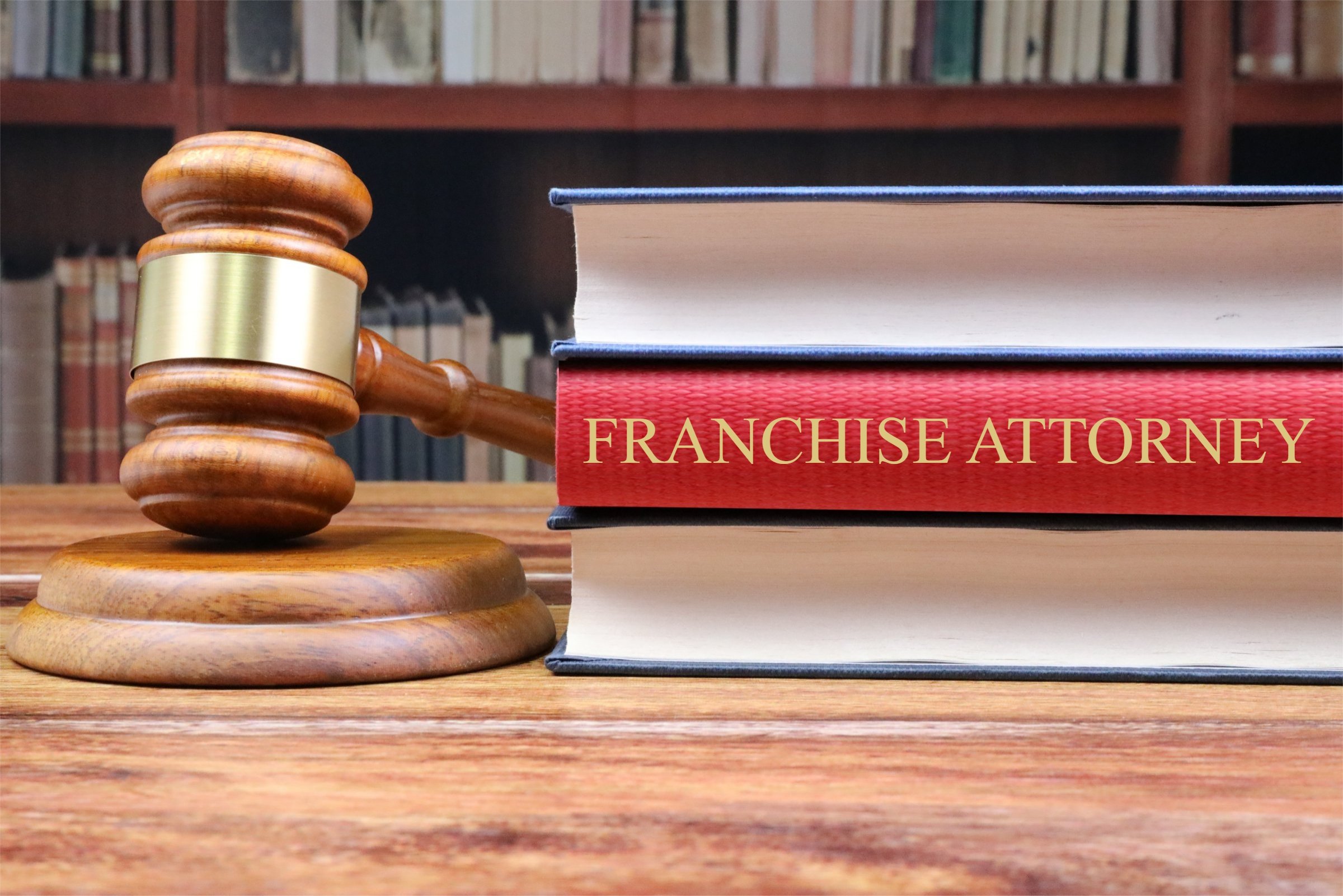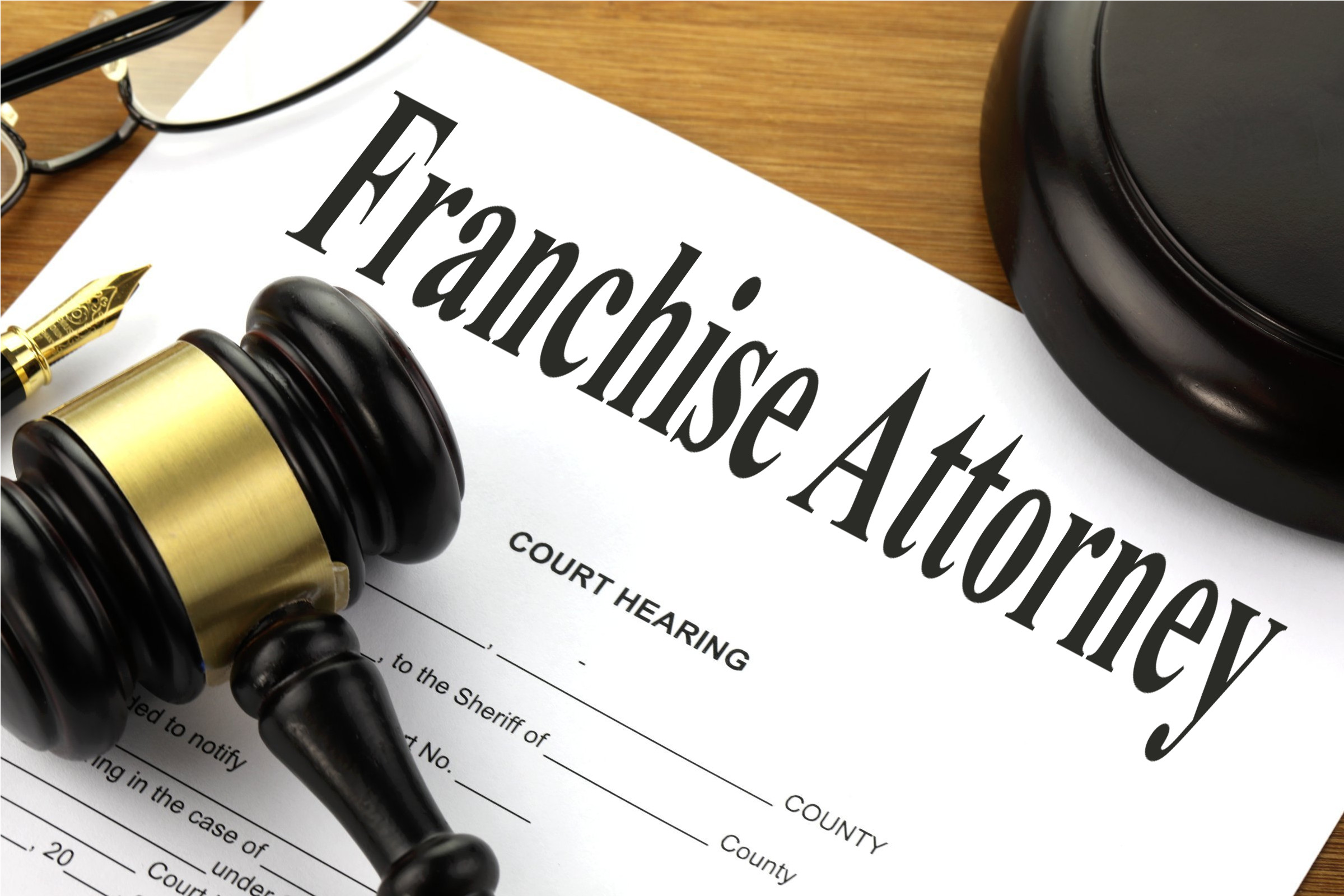When embarking on the journey of franchise ownership or navigating the complexities of business law, the choice between hiring a franchise attorney and a general business attorney can feel daunting. Each type of legal expert brings a unique set of skills and insights to the table, yet their areas of focus differ significantly. Franchise attorneys specialize in understanding the intricacies of franchising laws, franchise agreements, and the broader landscape of franchise regulations.
On the other hand, general business attorneys offer a more holistic approach to business matters, providing guidance across various legal issues that a company might face. So, how do you determine which legal professional is better suited for your specific needs?
Delving into their roles, expertise, and the nuances of each can help illuminate the path toward making an informed decision, ensuring the legal framework of your venture is solid from the outset.
Understanding the Roles: Franchise Attorney vs. General Business Attorney

When navigating the intricate landscape of business law, distinguishing between a franchise attorney and a general business attorney is essential, yet often overlooked. A franchise attorney specializes in the unique legal frameworks governing franchise relationships, offering invaluable insights into compliance with franchise laws, disclosure requirements, and the nuances of franchise agreements.
On the other hand, a general business attorney, while adept at handling a broader array of legal issues—such as contracts, corporate governance, and employment law—may lack the in-depth knowledge necessary for the specific challenges faced by franchisors and franchisees.
Their expertise can be beneficial for overarching business matters, but when it comes to the specific intricacies of franchising, seeking a franchise attorney may save you from potential pitfalls and ensure a smoother path toward success. Understanding these distinct roles can profoundly influence your business strategy and operational effectiveness.
Key Differences Between Franchise and General Business Practices

When exploring the key differences between franchise and general business practices, one quickly encounters a landscape marked by contrasting structures and regulatory frameworks. Franchising operates under a well-defined model, where franchisees gain access to a proven brand alongside a comprehensive business system, often involving strict adherence to the franchisors guidelines.
This relationship fosters a sense of uniformity and built-in support, granting franchisees a path to profitability that is both structured and transparent. In stark contrast, general business practices offer a broader canvas; entrepreneurs enjoy the creative freedom to craft their own business models, but they also face the unpredictable challenges of market adaptation and the burden of establishing their own brand identity from scratch.
These variations imply distinct legal considerations as well: franchise agreements are often elaborate, requiring meticulous attention to franchise law, whereas general business contracts may demand a more flexible approach, allowing for negotiation and modification based on unique business needs. Thus, understanding these differences is essential for anyone considering the business landscape, particularly when deciding whether to engage a franchise attorney or a general business attorney.
When to Choose a Franchise Attorney

Choosing the right legal counsel is pivotal, especially in the intricate world of franchising. When should you consider hiring a franchise attorney? If youre contemplating purchasing a franchise, or perhaps youve just launched your own franchise system, the expertise of a franchise attorney is invaluable.
They possess not only specialized knowledge of franchise laws but also a keen understanding of the unique challenges that franchisees face—issues that a general business attorney might overlook. Franchising involves specific agreements, such as the Franchise Disclosure Document (FDD) and franchise agreements, laden with legal nuances that can have significant financial implications.
Therefore, engaging a franchise lawyer ensures that you navigate these complexities with confidence, safeguarding your investment and helping you avoid potential pitfalls before they become costly mistakes.
Conclusion
In conclusion, the choice between a franchise attorney and a general business attorney hinges on the specific needs and circumstances of your business. A franchise attorney brings specialized expertise in navigating the complexities of franchising laws and regulations, which can be invaluable for those entering or operating within this unique sector.
On the other hand, a general business attorney may offer broader legal support suitable for various business matters but may lack the depth of knowledge required for franchise-related issues. Ultimately, selecting the right legal counsel is crucial for ensuring compliance, mitigating risks, and fostering sustainable growth, so business owners should carefully assess their goals and the legal requirements they face before making a decision.



